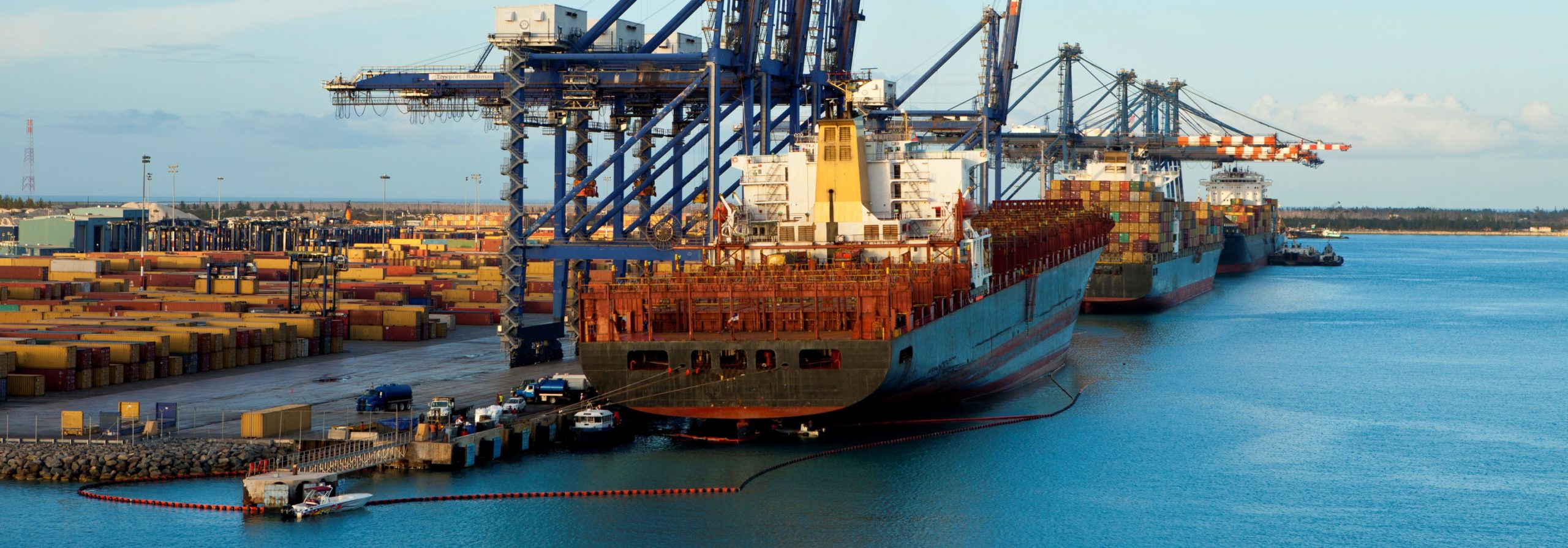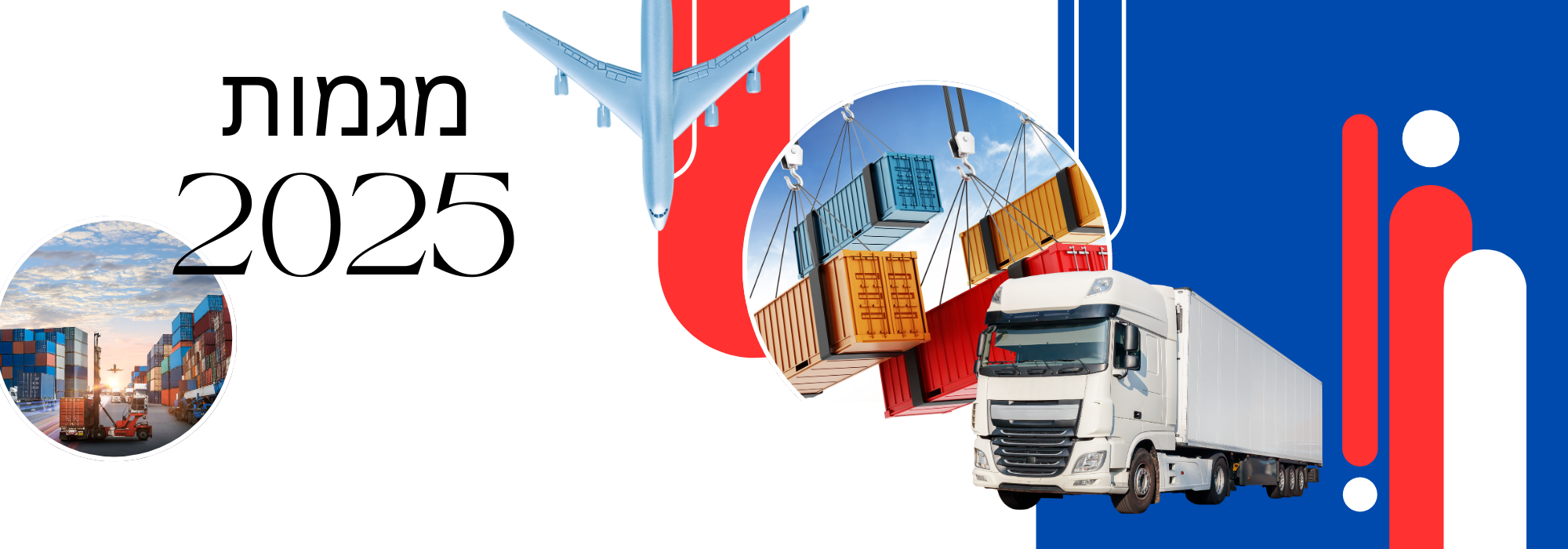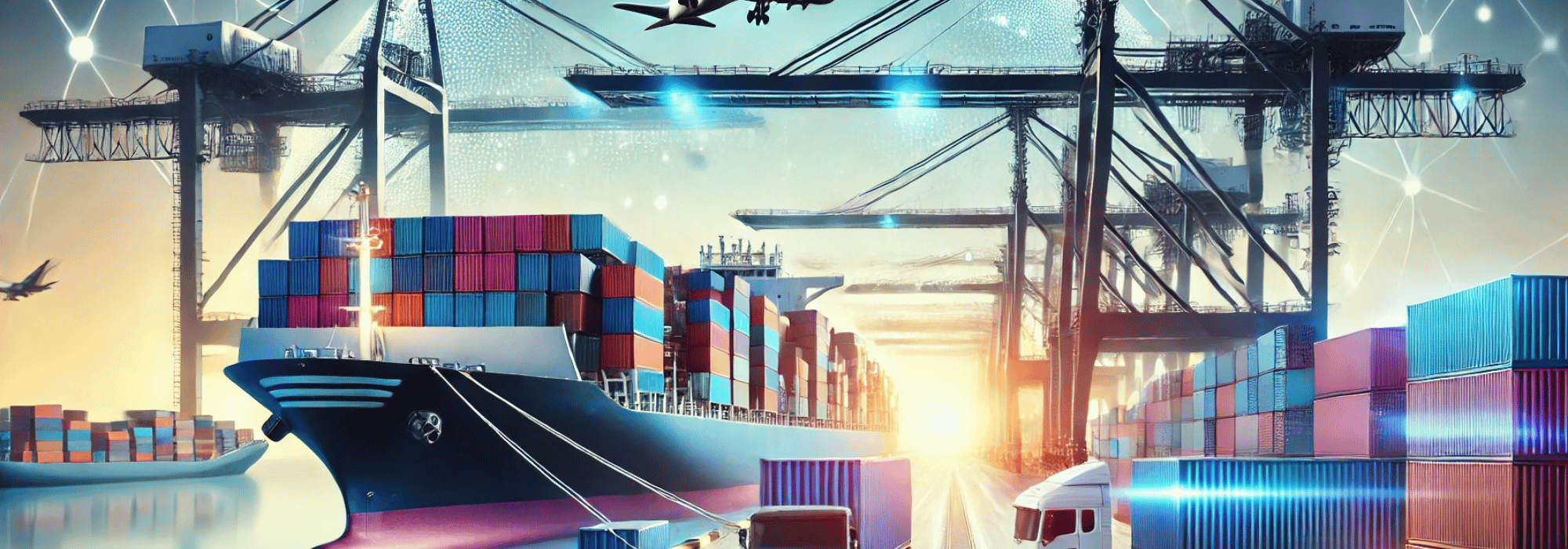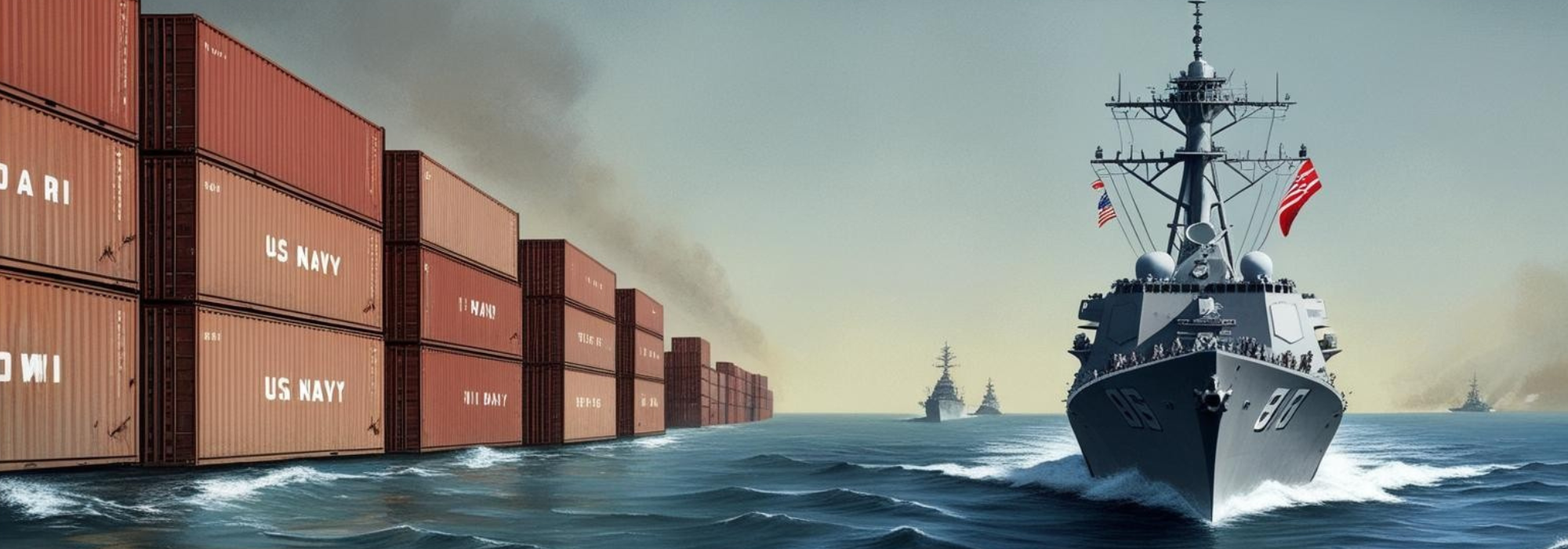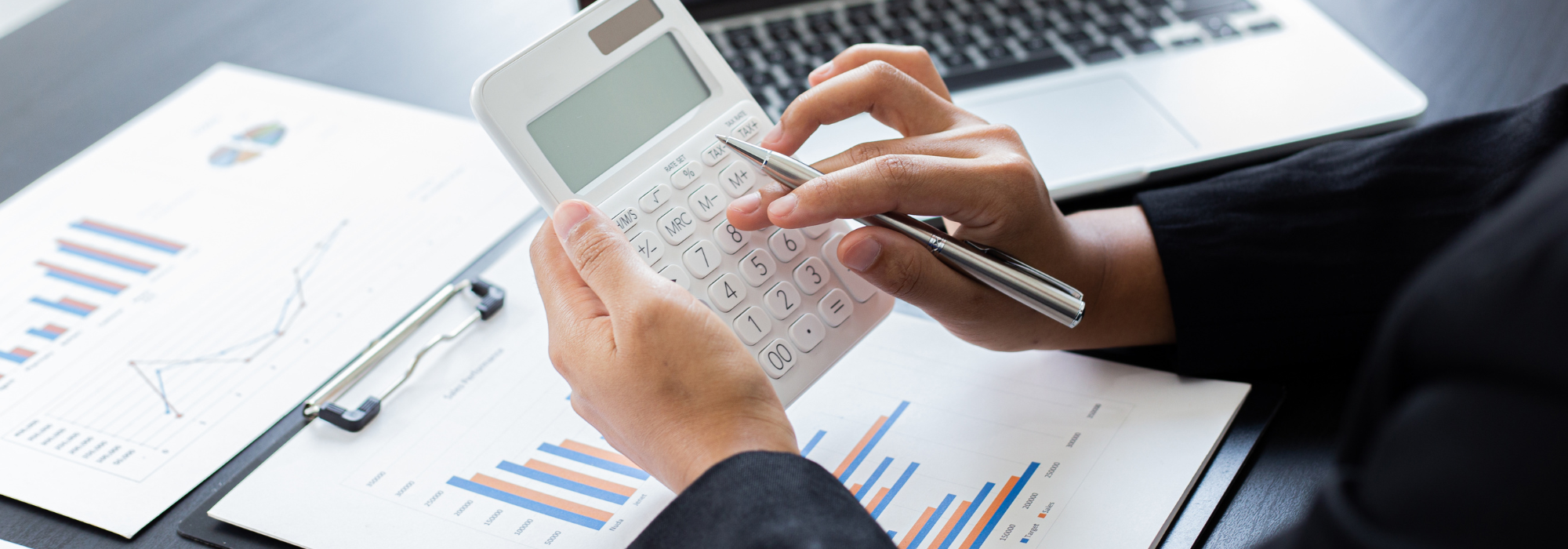In today’s globalized world, import and export are integral to the global economy. Every product or raw material crossing borders must comply with the laws, regulations, and taxes of each country. Within this complexity, the customs broker acts as a vital bridge between international trade and local law. Their role is to ensure that goods move smoothly while adhering to legal requirements and avoiding unnecessary delays.
This article explores the role of the customs broker, their importance in import and export processes, and the legal and logistical challenges they address.
The Role of a Customs Broker
A customs broker is an expert in regulatory processes, documentation, and customs duties. Their primary role is to represent importers or exporters before customs authorities, ensure compliance with all legal requirements, and efficiently complete the customs clearance process.
Key Responsibilities of a Customs Broker:
- Document Submission: Handling customs declarations, certificates of origin, commercial invoices, and other required documentation.
- Duty Calculation: Accurately calculating duties, taxes, and fees based on the type of goods and local laws.
- Regulatory Advice: Guiding clients on standards and legal requirements for each country.
- Representation with Authorities: Direct communication with customs authorities to address delays, requests, or unforeseen issues.
The Importance of a Customs Broker in Import and Export
Preventing Delays
International trade often encounters delays caused by incorrect documentation, failure to meet customs requirements, or misclassification of goods. An experienced customs broker ensures that all paperwork is in order, preventing delays that can result in financial losses.
Ensuring Legal Compliance
Customs laws and regulations frequently change, making compliance a complex task. The customs broker ensures that goods meet legal requirements, including technical standards, health certificates, and special permits.
Economic Efficiency
Professional customs brokerage can reduce costs by accurately calculating duties and fees, advising on ways to minimize taxes (such as utilizing free trade agreements), and avoiding penalties or unnecessary expenses.
Enhancing Logistical Management
The customs broker acts as a link between various parties in the supply chain – from the shipper in the origin country to transportation companies and recipients in the destination country. They ensure that goods are handled smoothly and within the agreed-upon timelines.
Legal and Logistical Challenges Faced by Customs Brokers
Regulatory Complexity
Customs laws and regulations vary between countries. A customs broker must stay up to date with new regulations, particularly in countries with strict customs laws.
Goods Classification
Incorrect classification of goods can lead to fines or delays. For example, similar products may be classified differently based on their use or material composition. A customs broker must master the Harmonized System (HS Code) to ensure accuracy.
Handling Complex Documentation
The customs process requires numerous documents – certificates of origin, import licenses, invoices, and compliance certificates. Any mistake in documentation can delay clearance. Customs brokers must maintain meticulous accuracy in handling these documents.
Addressing Unforeseen Delays
Goods may sometimes get stuck in customs due to additional inspections, missing documents, or other logistical issues. The broker’s role is to resolve these problems quickly and efficiently while maintaining communication with authorities and clients.
Integrating New Technologies
To tackle challenges, many customs brokers use computerized systems to manage processes, track shipments in real time, and adopt technologies like blockchain to improve efficiency and transparency.
The Future of Customs Brokerage
As the world continues to move toward greater globalization and digitization, the role of customs brokers is becoming increasingly complex and challenging. Brokers are expected to adopt new technologies that help them keep up with rapid changes, offer personalized services, and improve the accuracy and efficiency of the customs clearance process.
Key Trends:
- Full Digitization: Transitioning to digital processes that save time and reduce errors.
- Focus on Sustainability: New environmental regulations will require brokers to help clients meet sustainability standards.
- Tailored Globalization: Adapting to the growing complexity of trade laws between different countries.
Conclusion
The customs broker is a central figure in the import and export process, connecting international trade with local laws. Their role includes managing regulatory processes, preventing delays, and improving the economic efficiency of shipments. The legal and logistical challenges they face demand deep knowledge, high accuracy, and the ability to solve problems in real time.
Choosing a professional and reliable customs broker is essential for successful international trade, making the difference between costly delays and a smooth, efficient process.

